DWASA struggles with two AL-era projects
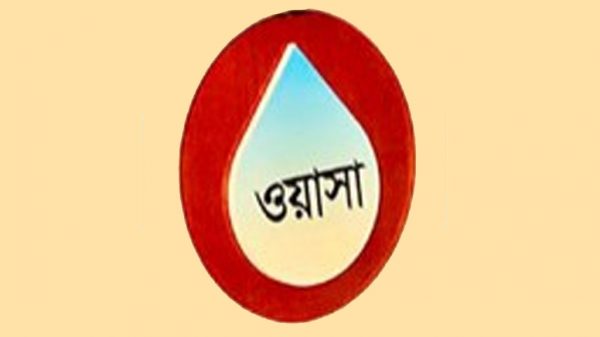
Shawdesh desk:
Two projects implemented by the ousted Awami League government are generating insignificant income for the Dhaka Water Supply and Sewerage Authority which is struggling to improve water quality and minimise losses despite tariff increase for 15 times since 2009.
The projects — a sewer treatment plant at Daserkandi, about 15km east of the Dhaka WASA its headquarters at Karwan Bazar and a water treatment plant at 35km south at Jashaldia in Munshiganj — were implemented at a cost of Tk 3,670 crore and Tk 3,482 respectively with loans from Exim Bank of China.
The water treatment plant can use one-fourth of its capacity of treating 45 crore litres of water daily because of lack of matching distribution network at the entry point at the old part of the city.
The sewer treatment plant remains almost idle as the authority fails to supply sewer for the plant from its surrounding, including Gulshan and Baridhara, in the absence of a linking network.
Both the projects became almost liability for the Dhaka WASA, economists say, criticising the planning of the water supply agency and the Planning Commission for such projects with Chinese loans with high interest rates and short maturity period.
Dhaka WASA officials said five-year grace period against the loan for the water treatment plant expired while the grace period against the loan for the sewer treatment plant would expire soon.
Its deputy managing director Md Akhtaruzzaman said that the loan repayment liability reached Tk 3,222.8 crore for Daserkandi project and Tk 3,027.7 crore for the Jashaldia project until June 2023.
The two projects account for about 40 per cent of Tk 14,982.0 crore foreign loan liability of the water supply authority, as of June 2023.
Foreign loans for 21 projects, either already implemented or being implemented, mostly from the World Bank and the Asian Development Bank, hold 60 per cent of the Dhaka WASA payment liability.
Institute for Inclusive Finance and Development executive director MK Mujeri said that the terms and conditions of the Chinese loan were stringent than that of the WB and the ADB.
Dhaka WASA officials said that Chinese construction companies came forward after the WB and the ADB declined to lend for the ‘unviable’ projects during the second five-year tenure of the Awami League began after the January 5, 2014 general election, boycotted by all opposition parties, including the Bangladesh Nationalist Party.
The AL government ousted on August 5 by a student-people uprising had extended the tenure of the controversial Dhaka WASA managing director Taqsem A Khan for six times since 2009.
In May 2023, the local government ministry removed Dhaka WASA board chairman professor Gholam Mostofa, days after he raised corruption allegations against Taqsem.
TIB executive director Iftekharuzzaman said that by removing the board chairman, the government set a worrying example of shielding the accused.
On August 14, Taqsem resigned as the managing director, almost two years before the expiry of his sixth extended tenure and a week after the present interim government assumed power.
MK Mujeri said that officials involved in corruption and flawed planning and implementation of unviable projects should be made accountable
‘After all, mistakes by them made the projects big burden on the nation and reduced credibility of the entity’, he added.
Dhaka WASA officials said that they took initiatives to make the treatment plants fully workable.
Supplementary project proposals for both the plants have already been prepared, said another deputy managing director AKM Shahid Uddin.
The officials, however, said that depreciation of both the plants would increase by the time of the implementation of the supplementary projects.
Think tank Policy Exchange of Bangladesh chairman Masrur Reaz suggested that debt restructuring was a suitable option for the loan recipient countries to check risks of repayment default in case of ‘white elephant projects’.
Referring to the case of Sri Lanka that was declared bankrupt in 2022 because of several reasons, including Chinese loans on unviable projects, he said that discussion between Dhaka and Beijing should be started on debt restructuring.
The country’s foreign loan repayment increased by 29 per cent to about $1,126.51 million in the first quarter of FY25 from about $870.46 million during the same period of FY24, according to the Economic Relations Division.
Corruption, mismanagement and wastages of fund had not only caused the water supply agency to face increasing loan repayment liability but also growing operating costs that forced it to incur losses of Tk 584 crore in FY23, according to the Bangladesh Economic Review 2024.
The immediate past managing director Taqsem took Tk 5,79,93,792 in 13 years from October 2009 to September 2022 in salary, festival allowance and other perks, according to a report the Dhaka WASA submitted to the High Court.
The agency continued to incur losses since 2009-10, although it increased water tariff on 15 occasions in the past 15 years by about 190 per cent to Tk 16.70 from Tk 5.75 per unit.
Consumers Association of Bangladesh general secretary Humayun Kabir Bhuiyan accused the water supply agency of making water an expensive item over the past 15 years as the government did not check corruption, mismanagement and wastage in the agency.
In 2019, a TIB study found irregularities in the Dhaka WASA projects.
Besides, nearly 45 per cent service seekers in the capital do not get the desired amount of water from the agency while about 35 per cent service seekers complain about poor quality of water throughout the year, said the study.



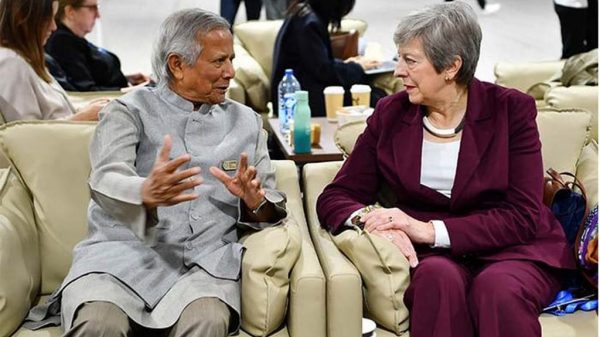
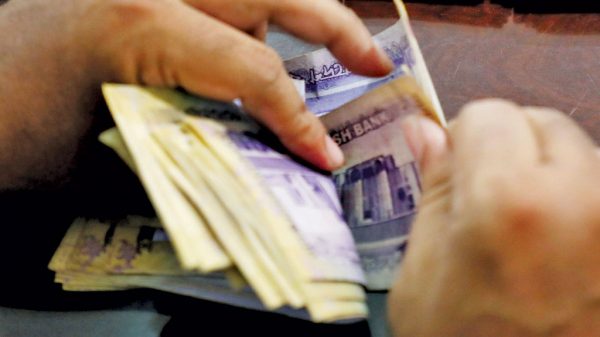
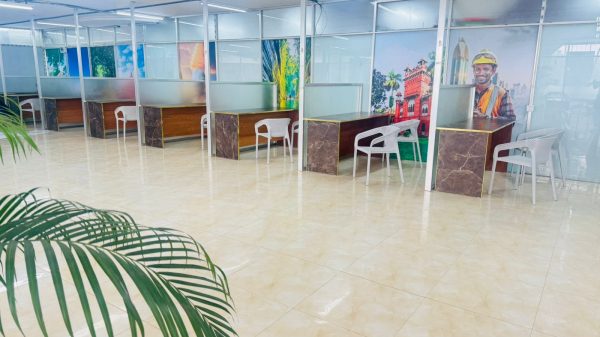
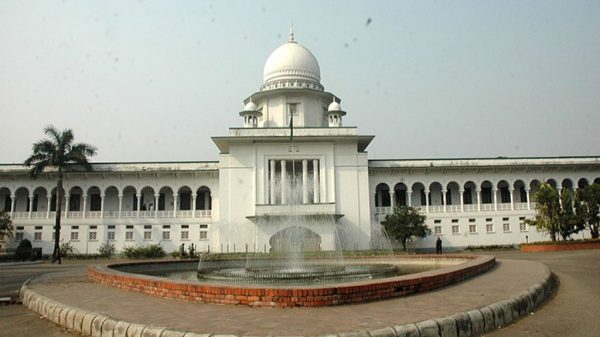
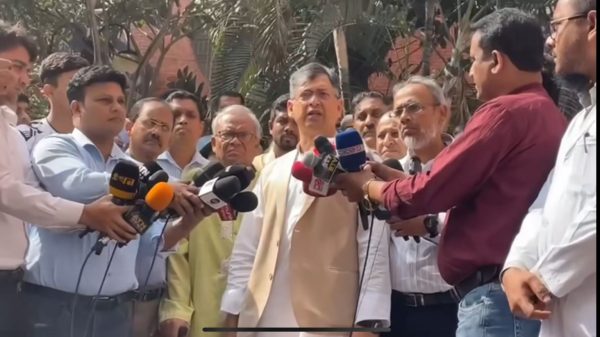
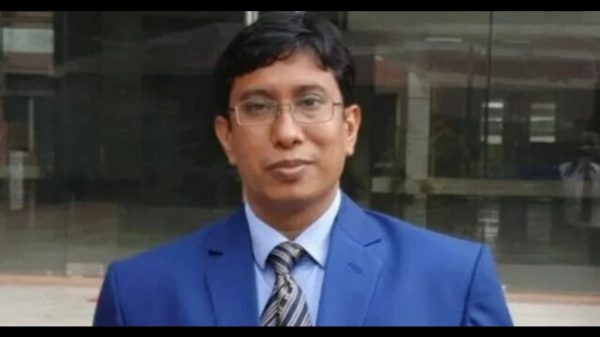

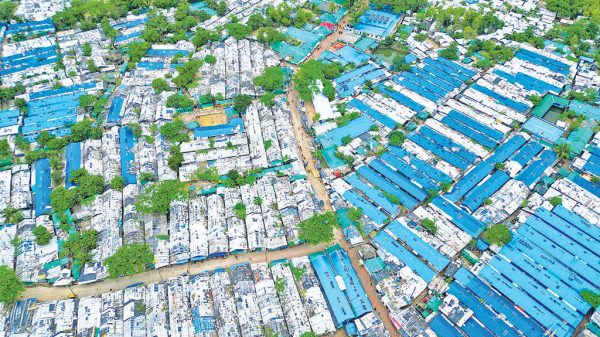
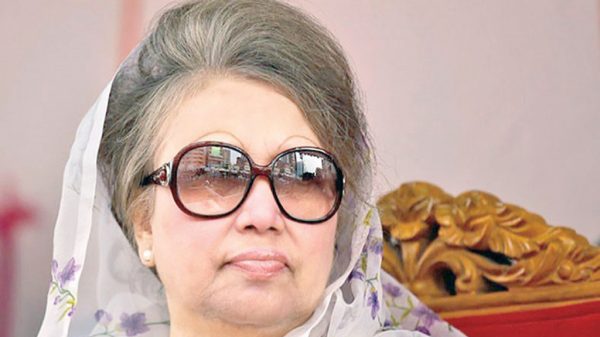











Leave a Reply